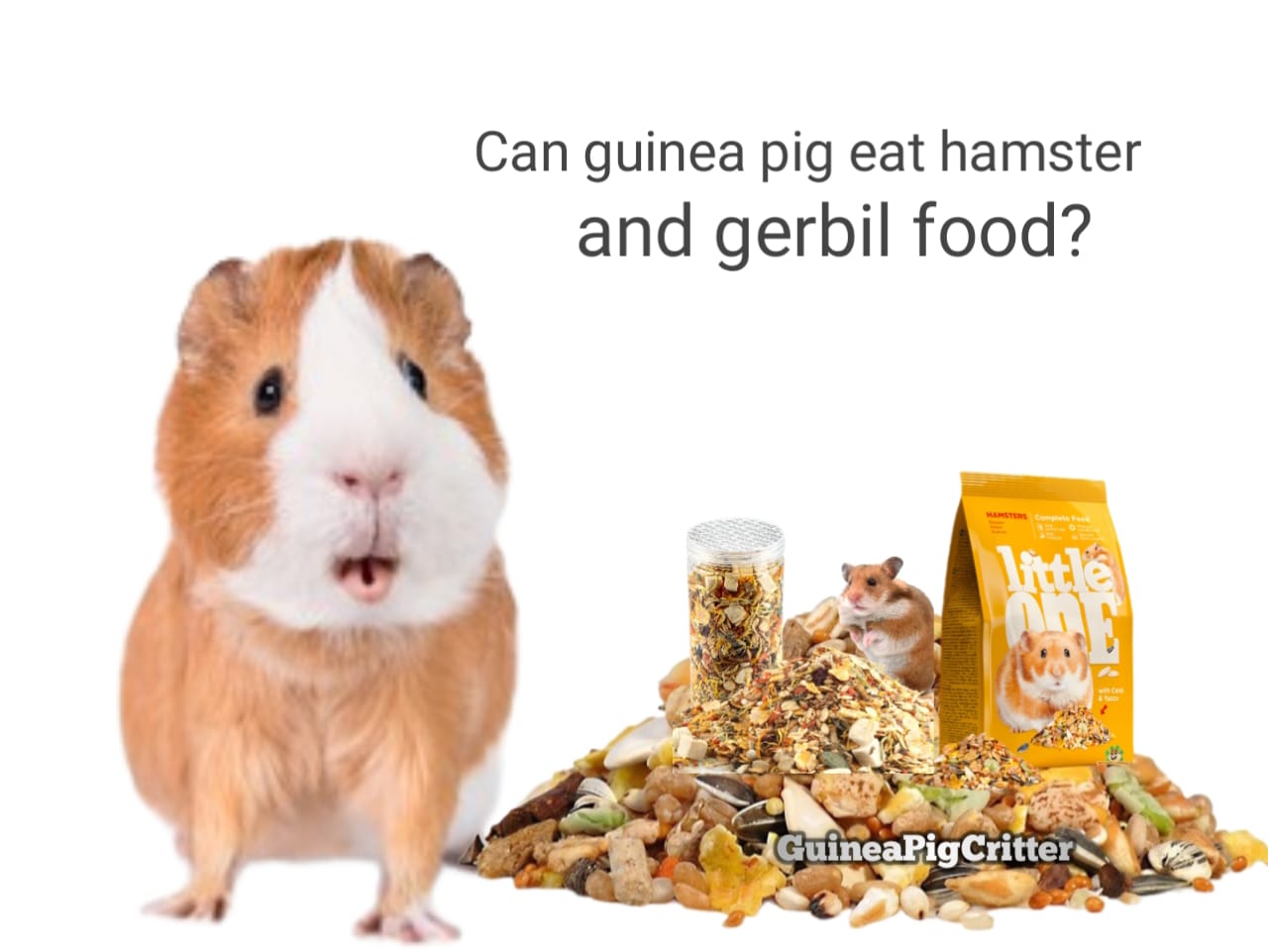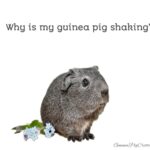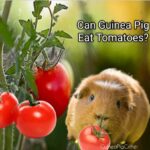In this exhaustive blog, we will look at whether guinea can eat hamster food, the difference in their nutritional needs, potential hazards and best practices when feeding your guinea pig.
Guinea pigs, hamsters and gerbils are all common small pets but they have different diet requirements. Many pet owners may be wondering or are concerned about whether it is okay to feed guinea pig with hamster or gerbil food especially when there is convenience involved or in a mixed pet household.
See this post: Can hamsters eat guinea pig food?
Understanding diet for guinea pigs, hamsters and gerbils
Guinea pigs:
Herbivorous diet: guinea pigs need to be fed on strictly vegetarian diets that consist of hay, fresh vegetables and specially formulated pellets.
Vitamin c: guinea pigs produce no vitamin c of their own thus its inclusion in the diet keeps scurvy at bay.
High fiber diets: these animals need to be fed on fiber high diet so as to maintain digestive health and avoid dental problems. They should always eat plenty of hay.
Hamsters:
Omnivorous diet: hamsters are omnivores that consume both animal and plant matter. Their menu includes seeds, grains, fruits, vegetables plus occasional animal protein.
Protein requirements: protein is crucial for supporting growth and overall wellness of hamsters. It can be got from meal worms, cooked meat or high protein seeds.
Balanced nutrition: hamsters should be fed a variety of foods which provides them with the necessary vitamins and minerals they need for their well-being.
Gerbils:
Granivorous diet: gerbils mainly eat seeds and grains but they also enjoy fruits and vegetables. They have similar dietary requirements to hamsters that are centered on balanced nutrition.
Moderate protein: for gerbils, it is advisable to give them moderate protein in form of seeds and some animal sources occasionally.
Balanced diet: gerbils can get all the nutrients they need from a mixture of seeds, grains, and fresh produce.
Can guinea pigs eat hamster and gerbil food?
Feeding guinea pigs hamster or gerbil food is not recommended for several reasons:
Nutritional imbalance: whereas this diet meets the nutritional needs of omnivores (in case of hamster) or granivorous (in case of gerbil), none has the specific nutrients that guinea pigs require particularly vitamin c.
Lack of vitamin c: unlike guinea pig foodstuff, which has extra vitamin c added into it, hamster and gerbil food does not. Without sufficient vitamin c, scurvy may develop that might cause serious health problems in a guinea pig.
Protein content: typically, hamster and gerbil foods have higher levels of proteins than required by guinea pigs. Excessive protein can strain the kidneys of a cavy causing other health issues.
Guinea pigs’ digestive health: to support their digestive system, guinea pigs require a high-fiber diet. This is not provided in hamster or gerbil food.
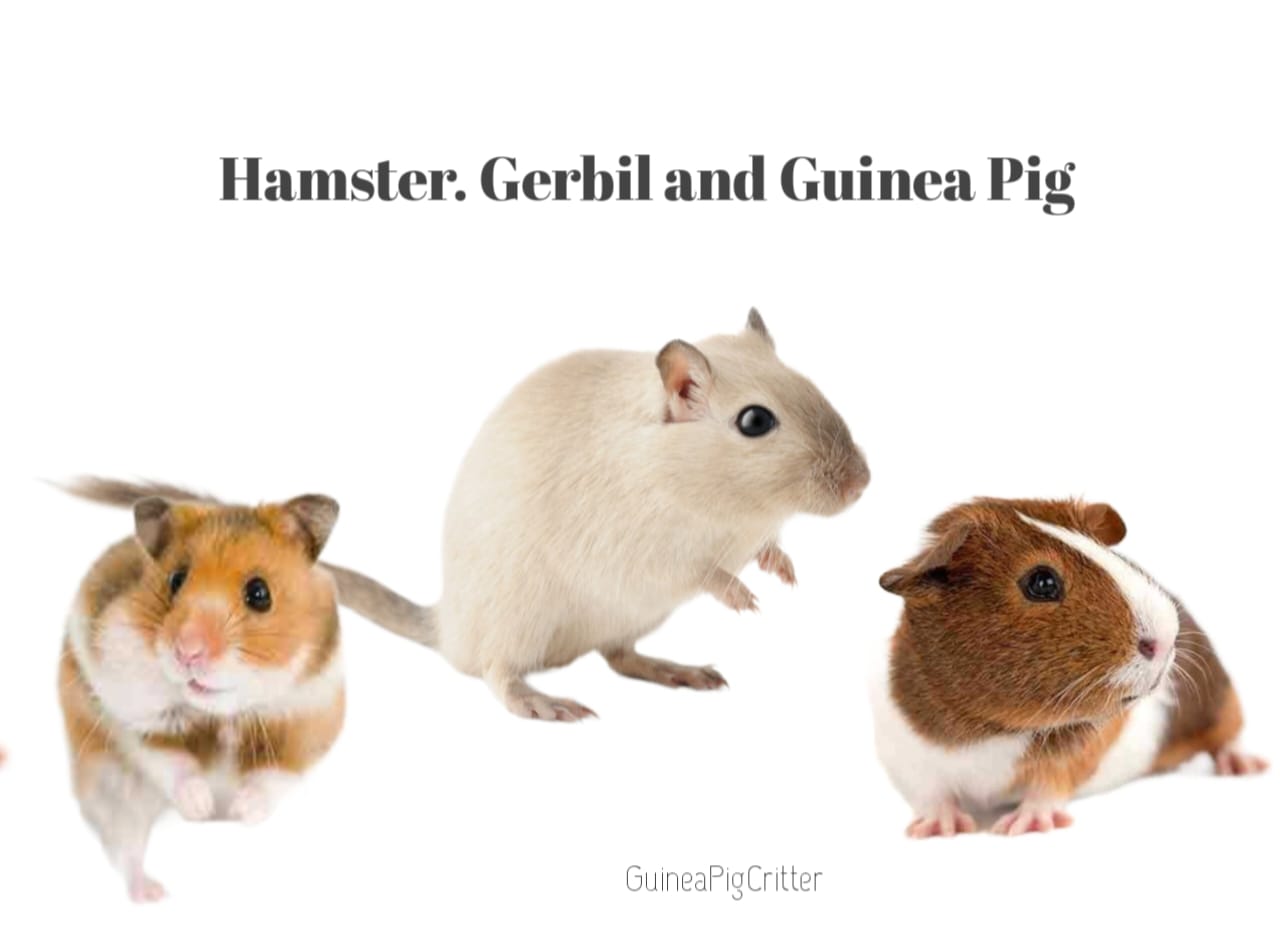
Possible dangers of feeding guinea pigs hamster and gerbil food
Feeding your guinea pig hamster or gerbil food can present a number of risks including:
Nutritional deficiencies: when there isn’t enough vitamin c and fiber in their meals, guinea pigs suffer from nutritional deficiencies that affect their overall health and life expectancy.
Scurvy: some signs of the scurvy deficiency disease include tiredness, swelling joints as well as internal bleeding among other symptoms seen when they are feeding on meal with little amounts of vitamin c.
Digestive issues: a lack of enough fibers in the diet can result to gastrointestinal problems such as blocked bowels or diarrhea.
Kidney strain: the high levels of protein in the body may overload its kidneys hence leading to kidney diseases in this case.
Best ways to feed guinea pigs
For your guinea pig’s health and well-being, you must offer them foods that meet their unique requirements such as:
Primary diet:
Hay– they should always have access to unlimited high-quality hay (for instance, timothy or meadow hay) for digestion purposes and dental wear.
Fresh vegetables – provide different types of fresh vegetables every day including cucumbers, leafy greens such as romaine lettuce and kale plus bell peppers.
Pellets: use pellets specially made for guinea pigs that have been fortified with vitamin c. Guinea pigs should not be given pellets containing any kind of seeds or nuts.
Treats and supplements:
Fruit: provide small amounts of fruit as occasional treats. Fruits like apples, strawberries, or blueberries are good choices.
Vitamin c supplements: vitamin c-enriched water or supplements can be used if your guinea pig does not receive enough in its diet.
Water:
Fresh water: make sure you always have fresh clean water. It is advisable to change this on a daily basis together with cleaning bottles or bowls often.
Nutritional components: a closer look
Vitamin c needs:
For guinea pigs, vitamin c is essential in order to prevent scurvy. This vitamin bolsters their immune system, maintains their skin health and promotes general well-being. They need dietary supplementation because unlike gerbils and hamsters they cannot manufacture vitamin c for themselves.
Fiber needs:
Fiber is necessary for the maintenance of healthy digestion by guinea pigs which also helps to avoid dental problems. The bulk of fiber comes from the hay in their diet which promotes normal bowel movements and natural wearing down of teeth.
Protein needs:
Unlike hamsters and gerbils, guinea pigs require lower quantities of protein. High levels will strain the kidneys among other issues that affect them. Feeding a properly balanced diet provides just enough protein for a guinea pig’s system without overloading it.
Tips for mixed pet households
In case you have a guinea pig, hamster and gerbil mixed household, it is highly necessary to watch carefully the nutritional needs of each:
Feeding areas separated: every pet should own its eating area so that pets can’t eat food of one another.
Feed under supervision: make sure that when feeding your animals they are not swapping their meals but consuming what is due to them.
Specific diet plan: according to the individual’s specific needs, work with one vet towards formulating certain dietary plans for each pet of yours.
What to do if your guinea pig eats hamster or gerbil food
Most importantly, if your guinea pig accidentally ingests some hamster or gerbil food, there is no need for alarm. Nevertheless, keep a close eye on your guinea pigs for any signs of distress or strange behaviors. When you observe such symptoms as laziness, loose stools or reduced appetite do not hesitate consulting the vet immediately.
Common misconceptions about pet diets
There are many wrong beliefs about small pet diets. There are some common myths we can shed light on:
- Myth:– all small pets can share the same food.
- Reality – some pets are different and have unique dietary needs. As such, it is not right to feed them together because if you do so, they will end up with nutritional imbalances that will cause health issues.
- Myth: all pellets are the same.
- Reality: every species has its own formula for pellets; there is no universal pellet type that serves all kinds of animals. Feeding a different kind can lead to either lack or excess of some nutrients in the body.
- Myth: fresh vegetables are optional.
- Reality: guinea pigs require fresh vegetables with high vitamin c content, as well as fiber for essential vitamins supply.
- Myth: vitamin supplements are unnecessary.
- Reality: guinea pigs must be given vitamin c supplements where it is deficient in their diet to have enough of it in their bodies!
The importance of species-specific diets
Feeding your pet species-specific diets is important for his/her health and lifespan. Here’s why:
Prevent nutritional deficiencies : specific diets have all the nutrients required by your pet to thrive.
Maintain digestive health : for good digestion, guinea pigs require proper fiber levels in their diet. To avoid these digestive problems be sure you give them hay plus a correct balance of pellets and fresh produce!
Support overall health : a balanced diet promotes general wellbeing including strong immunity system, healthy teeth as well as shiny coat.
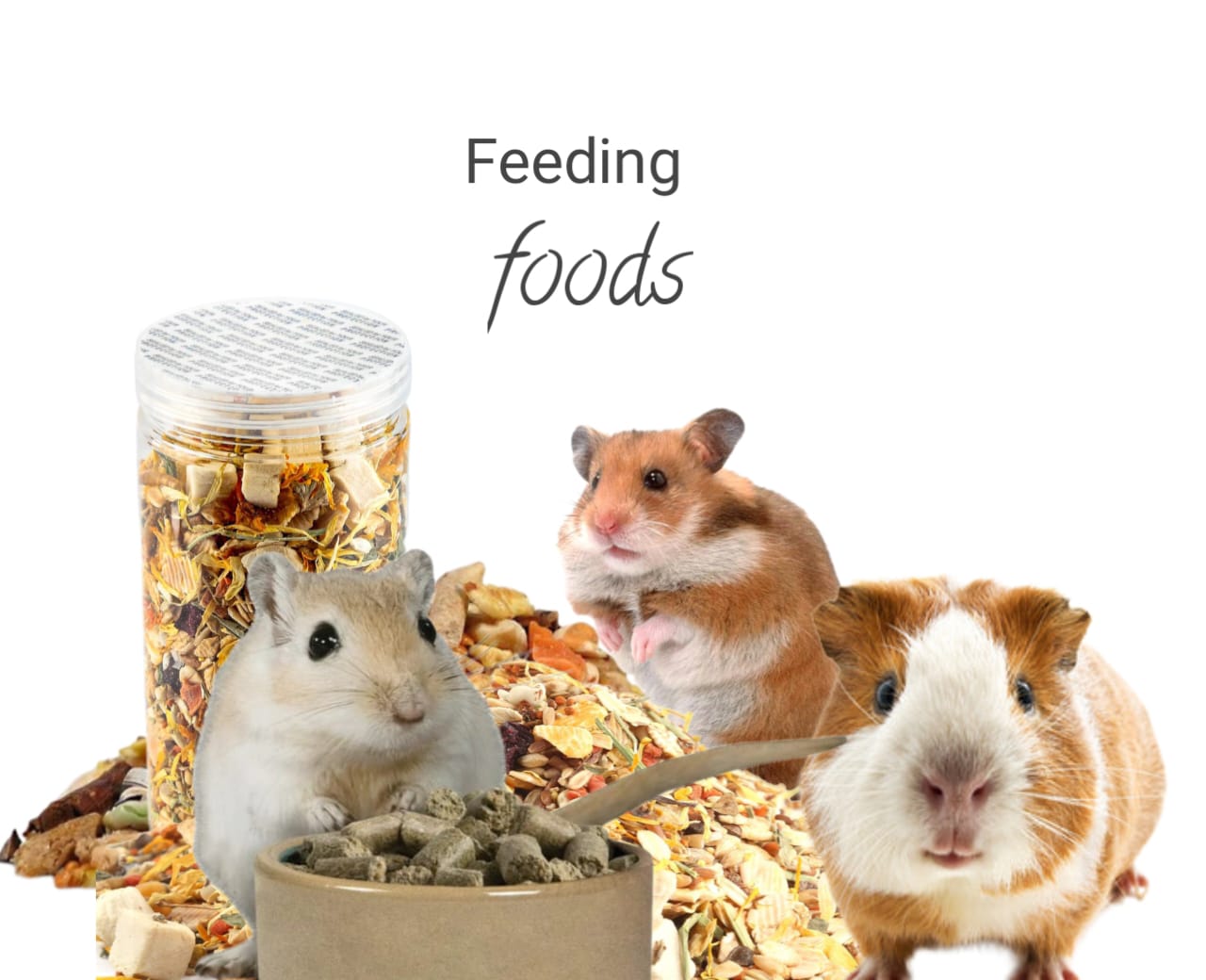
Practical feeding
The following are critical ideas helpful for feeding your guinea pigs, hamsters and gerbils:
- Quantify pellets: to prevent overfeeding and obesity, adhere to the recommended serving sizes of pellets.
- Gradually introduce new foods: avoid gastrointestinal disturbance by giving new vegetables or treats gradually.
- Watch your pets’ weight and health: frequently observe your pets’ overall health as well as their weight. If you notice changes or have any concerns about them, consult with a veterinarian.
- Clean water source: fresh water should be provided for your animals every day; remember to check and refill water bottles daily.
Check this post:-Can Chickens Eat Guinea Pig Food?
Conclusion
Although it might not immediately hurt guinea pigs to eat hamster or gerbil food on occasion, making it part of their regular diet is not a good idea.
Guinea pigs, hamsters and gerbils each require different nutritional essentials because they need specially prepared food to cater for their unique needs. Giving the wrong kind of food can cause malnutrition, stomach problems or even deterioration in general health.
